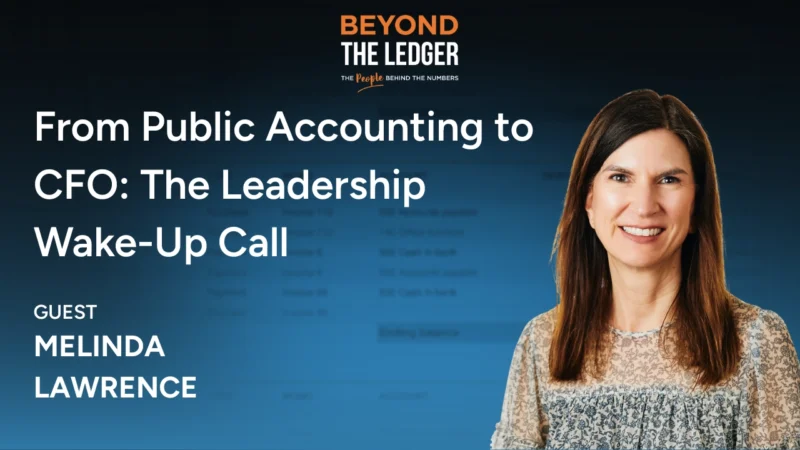Taking On ‘Toxic Turnover’ in the Modern Restaurant Industry
On this episode of The Main Course with host Barbara Castiglia, ShiftPixy CEO Scott Absher outlined how his company is making staffing, particularly in the modern gig economy, simpler.
ShiftPixy bills itself as “the cure for toxic turnover,” noting a vision to deliver an ecosystem that “enables you to share human capital and never again have the problem of finding and keeping people” thanks to a national workforce of hundreds of operators and thousands of part-time workers.
“ShiftPixy was really founded with the idea of correcting some problems that we noticed in the human capital side [of business] for restaurant operators,” Absher said.
While turnover has always been a part of the restaurant industry, particularly in the case of part-time labor, it was the cresting of 300 or 400% in some cases, that “toxic turnover” ShiftPixy highlights, that necessitated the need for a better solution.
ShiftPixy’s mix of human capital experience among its founders and leaders and gig-economy technology have enabled the company to forge new connections between operators and part-time labor and to leverage human capital to initiate “native or self-delivery” and ghost-kitchen solutions that give operators even more tools for growth and success.
It’s all aimed at empowering operators to better navigate an ever-changing restaurant industry and economy at large.
A New Episode is Served Up Every Tuesday!





